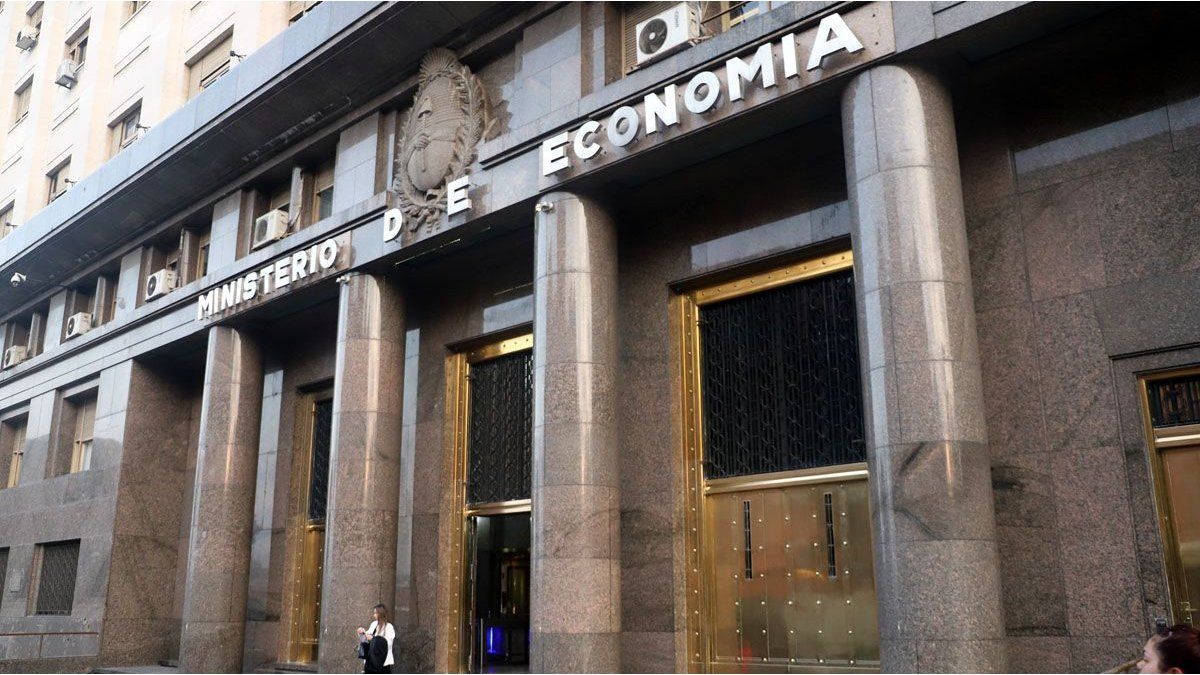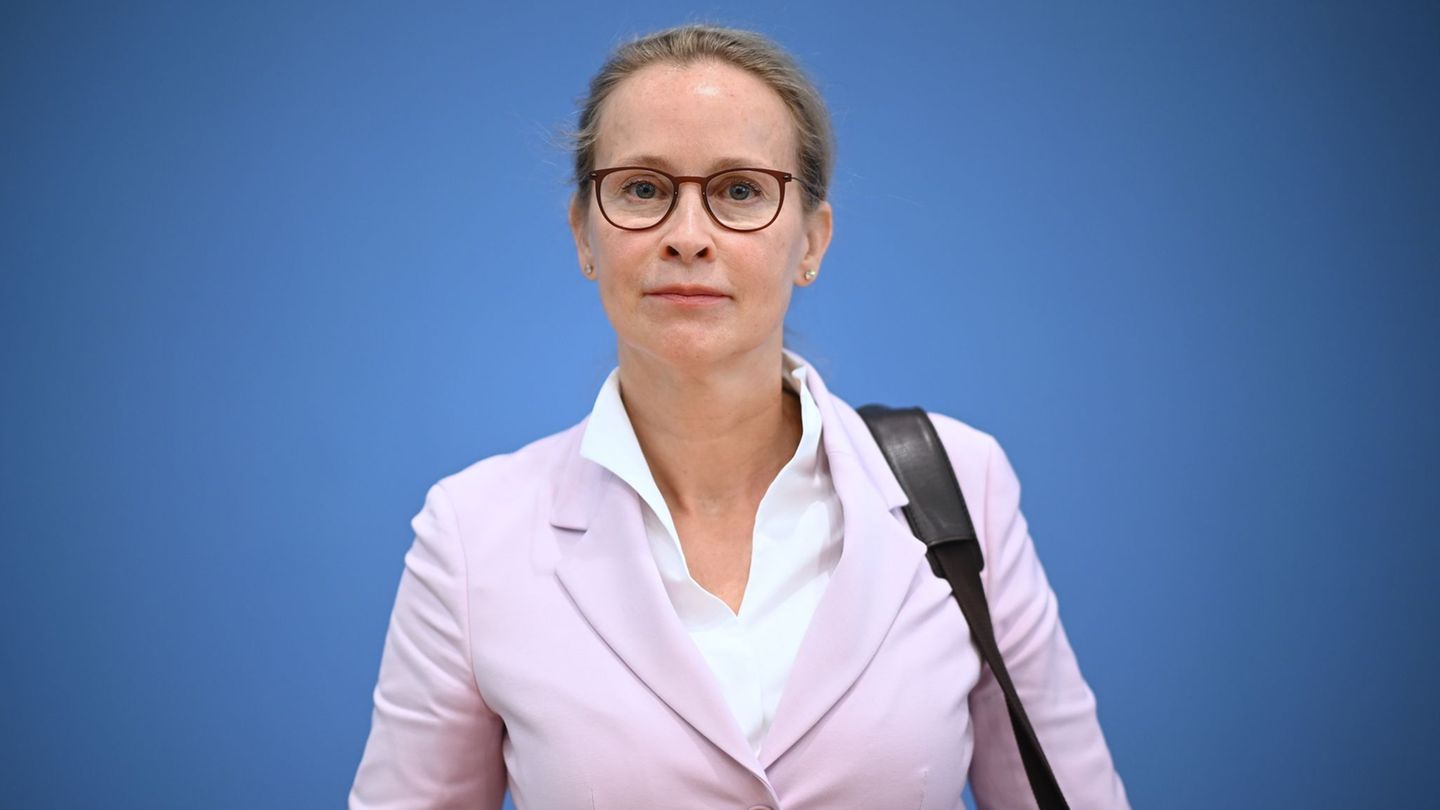In view of the threat of a takeover by Unicredit, Commerzbank is under pressure – and is making new appointments to the top management. Chief Financial Officer Bettina Orlopp is set to take over next week.
The German government has warned urgently against a hostile takeover of Commerzbank by the major Italian bank Unicredit – but has no plans to defend against the takeover attempt. The institute is a very important bank for the German economy, said government spokesman Hebestreit in Berlin. However, there are no further plans to defend against anything; that is “a matter for the capital market players”.
In the midst of the takeover battle, Commerzbank is prematurely filling its top management. The future CEO, Bettina Orlopp, can take over the helm as early as next week. The current CEO, Manfred Knof, is stepping down at the end of the month. “The 59-year-old and the supervisory board have agreed on this,” Commerzbank announced. Unicredit CEO Andrea Orcel is keeping all options open.
Unicredit made a surprise large-scale investment in Commerzbank. The Italians recently secured the option to increase their stake from 9 to 21 percent through financial instruments. This would make Unicredit by far the largest shareholder – ahead of the federal government, which holds around 12 percent. At the same time, Unicredit applied for official permission to increase its stake to up to 29.9 percent. This makes an official takeover offer for Commerzbank more likely.
Chancellor Olaf Scholz (SPD) recently spoke of an “unfriendly attack”. The federal government has decided not to sell any more Commerzbank shares until further notice.
Early change in leadership
With the early change of management, Germany’s second-largest private bank is creating clarity in the face of an impending takeover by the Milan-based major bank. Commerzbank announced on Tuesday evening that it would quickly fill its top management position and that Orlopp (54) would take over the top job “in a timely manner” when Knof leaves. Now the timing is becoming more specific. Knof took over the bank in a difficult situation and led it back to success, said Supervisory Board Chairman Jens Weidmann.
Weidmann backed the management. Orlopp is taking over the leadership “in this crucial phase for the future of our bank,” he emphasized in a letter to employees. Michael Kotzbauer will be at Orlopp’s side as deputy chairman of the board. “This means that we have a strong board team that has many years of experience at Commerzbank and is firmly committed to Commerzbank,” said Weidmann. “I emphasize this because Commerzbank is not just any bank.” With almost eleven million private and corporate customers, the bank is “of central importance to the German economy.”
At the beginning of September, the Frankfurt-based DAX group announced that Knof did not want to extend his contract, which expires at the end of 2025. He has led the bank since 2021 and has pushed ahead with the restructuring of the institute. Last year, Commerzbank posted record profits. But with Unicredit’s entry, Commerzbank came under pressure, with investors demanding rapid clarity on the leadership issue.
Orlopp has long been considered the favorite to succeed her. The business economist is already deputy CEO and has been part of the Commerzbank Board of Management since autumn 2017. She will be the first female CEO in the 154-year history of Commerzbank and only the second woman ever to lead a DAX company alone – alongside Merck CEO Belen Garijo.
Unicredit keeps all options open
Unicredit boss Andrea Orcel is keeping all options open after joining Commerzbank. “Commerzbank is an investment. Nothing else.” There is currently no takeover offer, said Orcel at an industry conference in London. However, a merger with Commerzbank could become a “test case for Europe,” which needs larger banks. Commerzbank is a good strategic fit for Unicredit.
The German banking market is fragmented and Unicredit has local experience, said Orcel, referring to the subsidiary HypoVereinsbank (HVB), which was taken over by Unicredit in 2005. At the same time, Orcel stressed again that Unicredit is not under pressure. “We can also sell the Commerzbank share again.” In large mergers, agreement on both sides is required.
Berlin has no plans to defend itself against Unicredit – and criticises
Finance Minister Christian Lindner (FDP) criticized Unicredit’s style in the Bundestag. The approach surprised the federal government and “did not strengthen confidence in Unicredit.” Everything else is now in the hands of the management and supervisory board of Commerzbank. The federal government is not planning any further steps. However, Lindner made it clear: “If the federal government sells shares, then we are forced to use a non-discriminatory process.”
Frankfurt’s mayor Mike Josef (SPD) had warned of the consequences of the impending takeover in letters to Lindner and Scholz. “This development entails potential risks that affect not only the city of Frankfurt am Main, but also Germany as a banking center,” the letters say. Frankfurt has been Germany’s most important financial center for decades, “and Commerzbank plays a central role in this.”
The former Prime Minister of Hesse, Roland Koch, had previously called on the federal government to prevent the takeover of Commerzbank by Unicredit. It was “quite unique that the Federal Republic, as one of the largest economic powers in the world, announced the sale of shares in one of its largest banks and that this then led to a hostile takeover because the tender was not structured in such a way that no single buyer would get everything,” Koch told the “Berliner Zeitung”.
Deutsche Bank does not want to intervene
Not only the German government, but also Deutsche Bank wants to stay out of the takeover battle. The institute is concentrating on itself, said Chief Financial Officer James von Moltke at an industry conference. Deutsche Bank still has work to do before it is ready to take part in an industry consolidation.
Source: Stern




